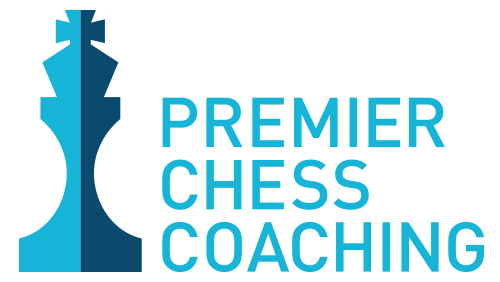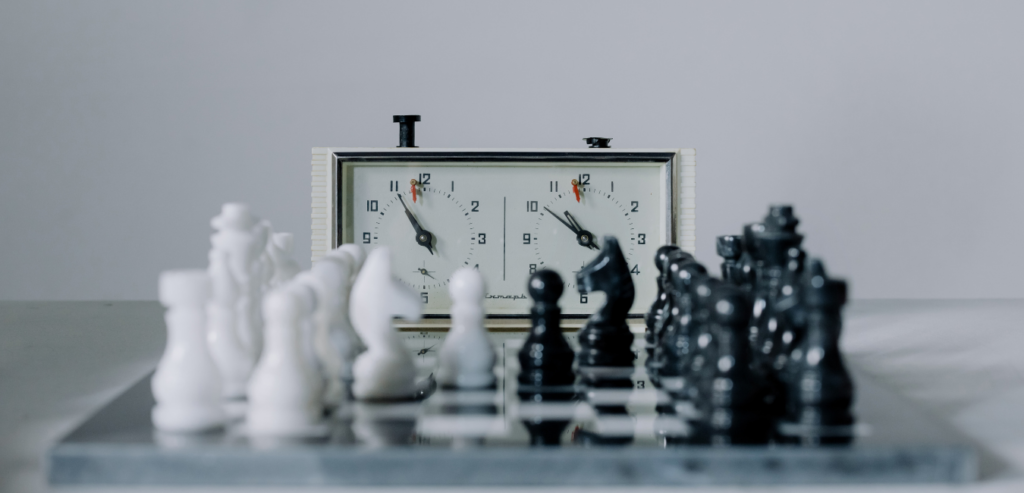Starting in chess can be an exciting adventure, but it’s easy to fall into some common traps that can hinder your progress. If you’re new to chess, here are some mistakes to watch out for and tips on how to avoid them.
Neglecting Piece Development
Mistake: Focusing too much on moving pawns and not enough on getting your pieces (knights and bishops) into the game.
How to Avoid It: Prioritise developing your knights and bishops early in the game. Aim to control the centre of the board with moves like e4, d4, Nf3, and Nc3. This sets up a strong foundation for the rest of your game.
Moving the Same Piece Multiple Times in the Opening
Mistake: Wasting time by moving the same piece repeatedly instead of developing new pieces.
How to Avoid It: Try to move each piece only once during the opening unless necessary. This helps you quickly get all your pieces into active positions.
Ignoring King Safety
Mistake: Leaving your king in the centre of the board for too long.
How to Avoid It: Castle building early in the game is a priority. Castling helps protect your king and connects your rooks, which can be crucial for defence and attack.
Overlooking Opponent’s Threats
Mistake: Focusing only on your own plans and not paying attention to what your opponent is doing.
How to Avoid It: Before making any move, consider your opponent’s last move. Ask yourself what threats it might pose and how you can counter them. This habit can save you from unpleasant surprises.
Grabbing Pawns and Pieces Recklessly
Mistake: Too eager to capture pawns and pieces without considering the consequences.
How to Avoid It: Always evaluate whether capturing a piece is safe. Look out for potential traps or tactics your opponent might use against you. Sometimes, it’s better to hold back and maintain a strong position.
Forgetting to Develop Rooks
Mistake: Remember to bring your rooks into the game, leaving them in the corners.
How to Avoid It: Find ways to activate your rooks after castling. Place them on open files or behind your pawns to support your pieces and control essential areas of the board.
Not Planning Ahead
Mistake: Making moves without a clear plan or goal in mind.
How to Avoid It: Always have a plan, even a simple one. Think about what you want to achieve with each move. Whether it’s controlling the centre, attacking your opponent’s king, or improving the position of your pieces, having a goal can guide your moves.
Playing Too Fast
Mistake: Rushing through your moves requires more time to think.
How to Avoid It: Slow down and consider your options. Thinking carefully about your moves is essential even in a casual game. Practising this habit will help you make better decisions under time pressure in more competitive games.
Conclusion
Avoiding these common mistakes can significantly improve your chess game and help you enjoy the process of learning and playing. Remember, everyone makes mistakes, especially when they’re starting. The key is to learn from them and keep improving. If you want to learn more and improve your games, read more tips on our blog or contact us to learn about our chess clubs in your area.


